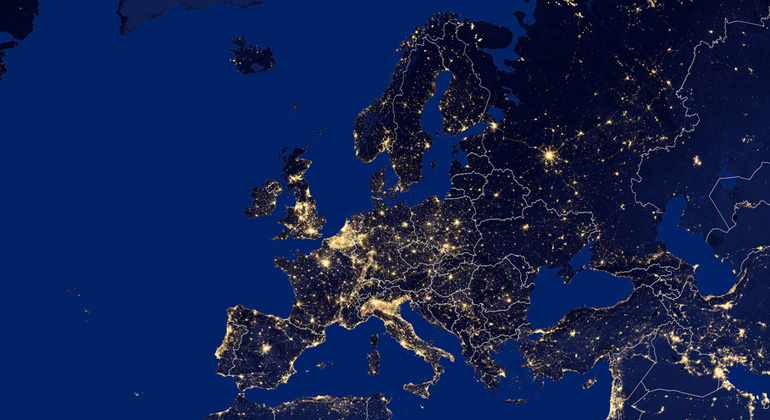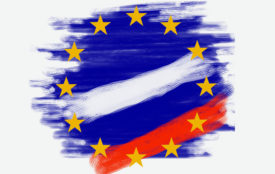Minister Gabriel: New era for secure electricity supply
12 Neighbouring States want to start considering energy security as a european issue.
German Minister for Economic Affairs and Energy Sigmar Gabriel today joined together with a number of European States on the margins of the EU Council of Energy Ministers in Luxemburg to sign a range of political declarations aimed at strengthening regional cooperation on ensuring secure electricitysupply.
The Minister especially highlighted the declaration of the “12 electrical neighbours” on regional cooperation on security of electricity supply, which was drawn up following the in-depth exchange initiated by Rainer Baake, State Secretary in the Federal Ministry for Economic Affairs and Energy since July 2014. Four conferences were held between the countries of Belgium, the Netherlands, Luxembourg, France, Germany, Austria, Switzerland, Norway, Sweden, Denmark, Poland, and the Czech Republic, leading to agreement on a joint declaration. The declaration sets out a first set of joint steps to be taken as part of the cooperation (so called “no regret” measures).
Minister Gabriel said: “Today, 12 neighbouring states in the heart of Europe have decided to usher in a new era of energy policy.: They want to start considering energy security as a european issue, rather than a purely national one. And they want to focus on exploiting the benefits of the single energy market as the most important tool to deliver this. This means that the neighbouring states have defined clear priorities and have sent an important signal that they can rely on each other – even though there are some differences between their individual energy policies.”
The key points of the declaration are as follows:
-
The neighbouring states have agreed to place greater focus on flexibilising supply and demand by making use of strong market signals and by using price peaks; they have agreed to refrain from introducing legal price caps and to eliminate barriers that stand in the way of greater flexibility.
-
The neighouring states will further reinforce the grids and they will not restrict the cross-border electricity exchange, even in times of electricity scarcity.
-
In future, the neighbouring states will place greater focus on assessing their generation adequacy as a regional group and to this end they will develop a common approach.
The declaration goes hand in hand with the “Second political declaration of the Pentalateral Energy Forum” published to mark the 10th anniversary of this group. For several years now, the Pentalateral Forum has seen representatives of the governments and the TSOs of the Benelux states, France, Germany, Austria, and Switzerland successfully working together on the coupling of their electricity markets and their power exchanges . In March, the Forum published its first regional generation adequacy report.
The minister highlighted the relevance of the declarations in the context of the impending decisions that are to be taken in Germany and Europe with regard to market design: “The declarations we have signed together today are in support of the upcoming decision we have to take in favour of the electricity market 2.0. I hope that the message will be heard in Brussels, as well. The fact that we have had the Commission actively support us on these declarations makes me confident that this is the case.”
The declarations are available here:








